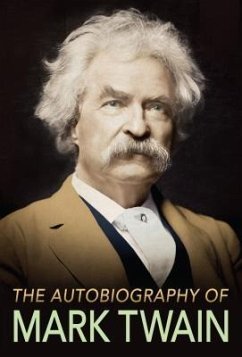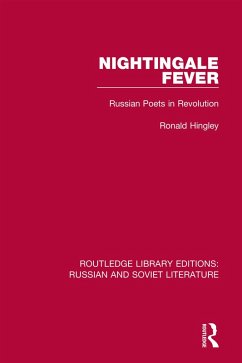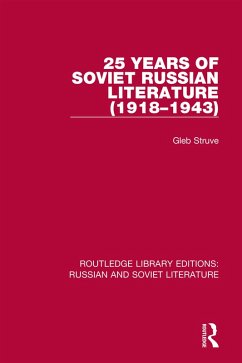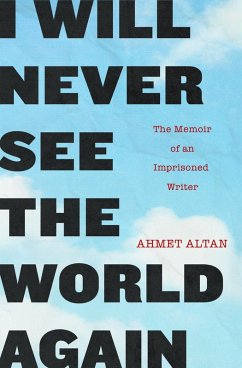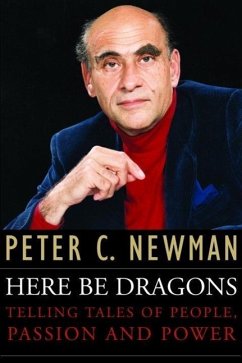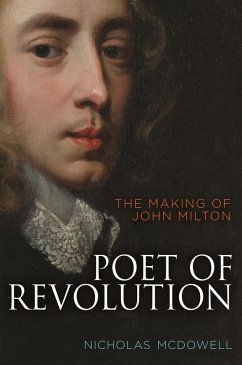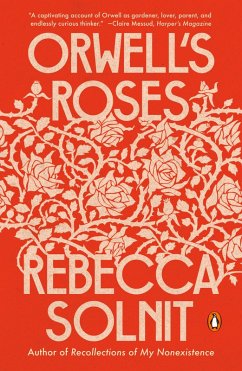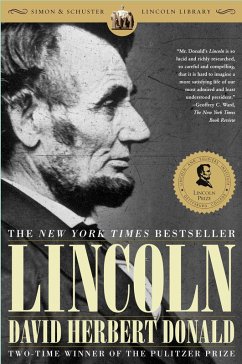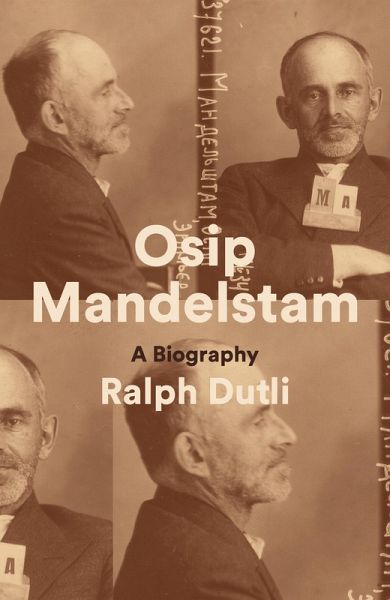
Osip Mandelstam (eBook, ePUB)
A Biography
Übersetzer: Fowkes, Ben
Versandkostenfrei!
Sofort per Download lieferbar
21,95 €
inkl. MwSt.
Weitere Ausgaben:

PAYBACK Punkte
11 °P sammeln!
This is the first full-scale biography of Osip Mandelstam to combine an analysis of his poetry with a description of his personal life, from his beginnings as a young intellectual in pre-revolutionary Russia to his final fate as a victim of Stalinism.The myth has grown up that Mandelstam was a gloomy, miserable figure; Dutli deconstructs this, stressing Mandelstam's enjoyment of life. There are several underlying themes here. One is Mandelstam's Jewish background in pre-1914 Russia, which he rejected as a young man, but reaffirmed in later life. Another is the inescapable impact of Russia's po...
This is the first full-scale biography of Osip Mandelstam to combine an analysis of his poetry with a description of his personal life, from his beginnings as a young intellectual in pre-revolutionary Russia to his final fate as a victim of Stalinism.
The myth has grown up that Mandelstam was a gloomy, miserable figure; Dutli deconstructs this, stressing Mandelstam's enjoyment of life. There are several underlying themes here. One is Mandelstam's Jewish background in pre-1914 Russia, which he rejected as a young man, but reaffirmed in later life. Another is the inescapable impact of Russia's political and social transformation.
His evolution as a poet naturally occupies a large place in the biography, which quotes many of his most famous poems, including his devastating anti-Stalin epigram. He produced wonderful poetry before the October Revolution, but did not reach his full poetic stature until the 1930s when in exile in Voronezh. He was never an official Soviet poet, and it was only thanks to the intervention of Bukharin that he was brought back from utter impoverishment.
The biography gives full weight to his emotional life, beginning with his friendship with two other Russian poets, Marina Tsvetaeva and Anna Akhmatova, followed by love and marriage to Nadezhda Khazina.
"One of the century's greatest lyric poets." - Elaine Feinstein, Sunday Times
"Mandelstam's poems are both bold and delicate. His imagery can seem both profoundly startling yet entirely natural". - Robert Chandler
"Mandelstam was a tragic figure. Even while in exile in Voronej, he wrote works of untold beauty and power. And he had no poetic forerunners. In all of world poetry, I know of no other such case. We know the sources of Pushkin and Blok, but who will tell us from where that new, divine harmony, Mandelstam's poetry, came from?" - Anna Akhmatova
"Russia's greatest poet in the twentieth century." - Joseph Brodsky
The myth has grown up that Mandelstam was a gloomy, miserable figure; Dutli deconstructs this, stressing Mandelstam's enjoyment of life. There are several underlying themes here. One is Mandelstam's Jewish background in pre-1914 Russia, which he rejected as a young man, but reaffirmed in later life. Another is the inescapable impact of Russia's political and social transformation.
His evolution as a poet naturally occupies a large place in the biography, which quotes many of his most famous poems, including his devastating anti-Stalin epigram. He produced wonderful poetry before the October Revolution, but did not reach his full poetic stature until the 1930s when in exile in Voronezh. He was never an official Soviet poet, and it was only thanks to the intervention of Bukharin that he was brought back from utter impoverishment.
The biography gives full weight to his emotional life, beginning with his friendship with two other Russian poets, Marina Tsvetaeva and Anna Akhmatova, followed by love and marriage to Nadezhda Khazina.
"One of the century's greatest lyric poets." - Elaine Feinstein, Sunday Times
"Mandelstam's poems are both bold and delicate. His imagery can seem both profoundly startling yet entirely natural". - Robert Chandler
"Mandelstam was a tragic figure. Even while in exile in Voronej, he wrote works of untold beauty and power. And he had no poetic forerunners. In all of world poetry, I know of no other such case. We know the sources of Pushkin and Blok, but who will tell us from where that new, divine harmony, Mandelstam's poetry, came from?" - Anna Akhmatova
"Russia's greatest poet in the twentieth century." - Joseph Brodsky
Dieser Download kann aus rechtlichen Gründen nur mit Rechnungsadresse in A, D ausgeliefert werden.





